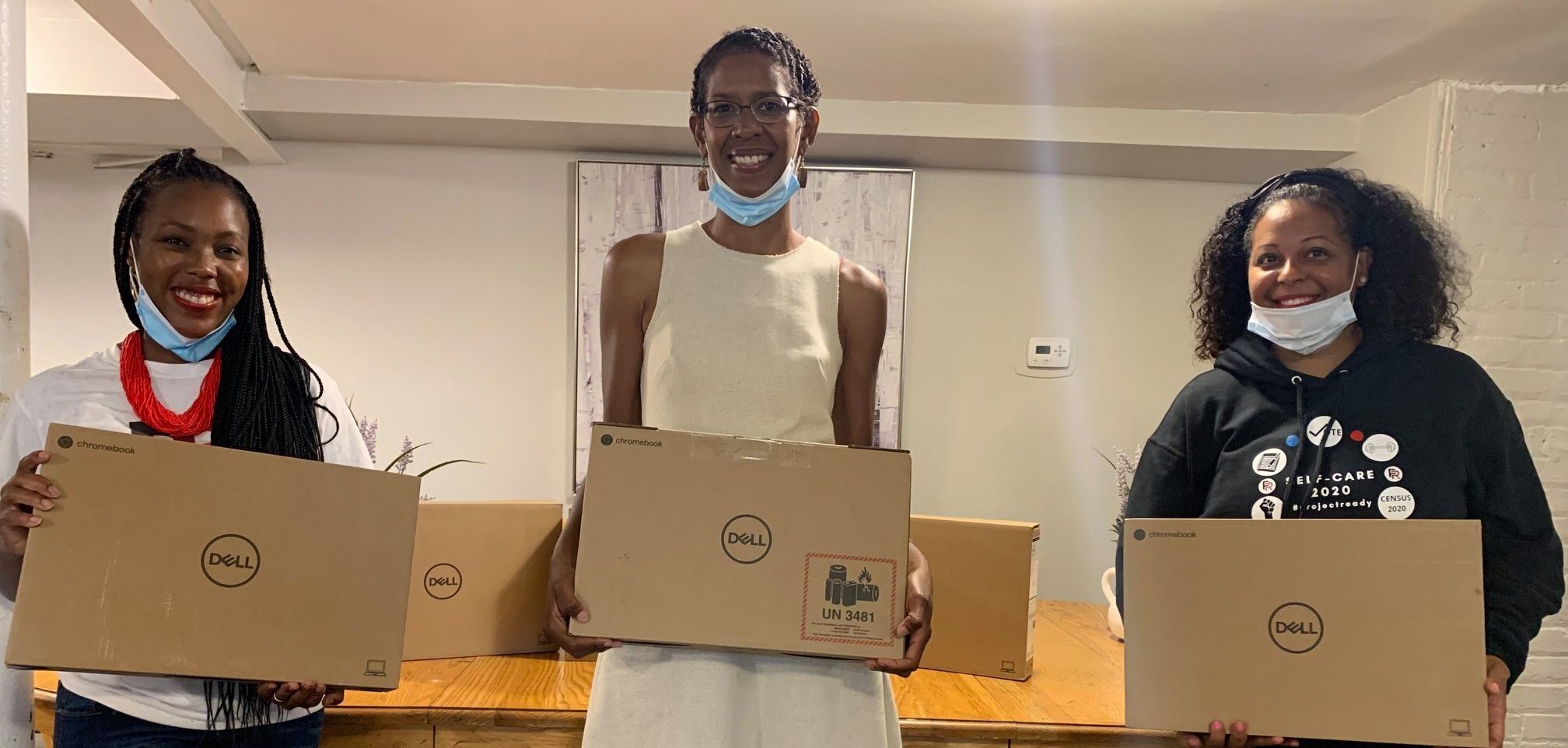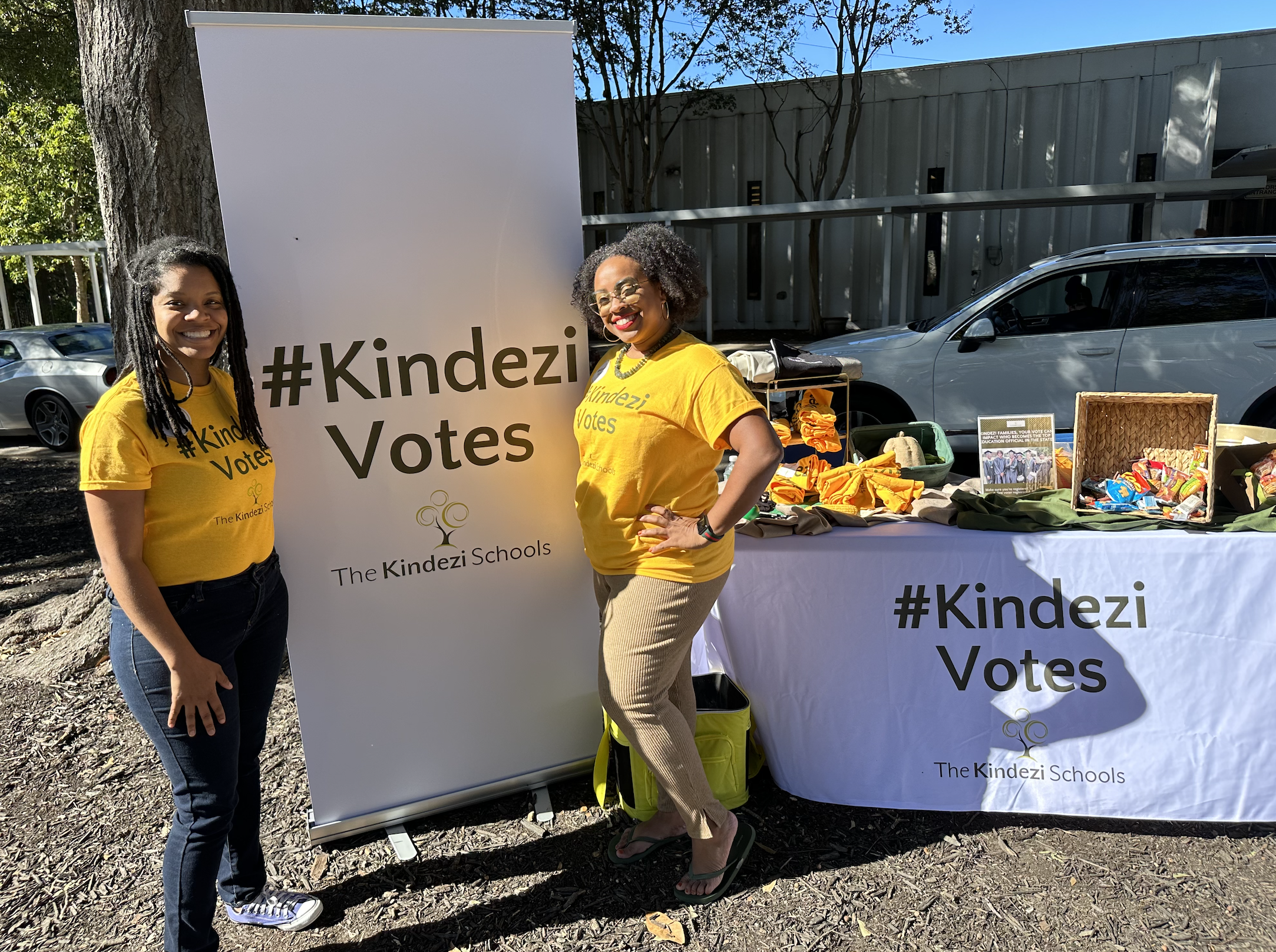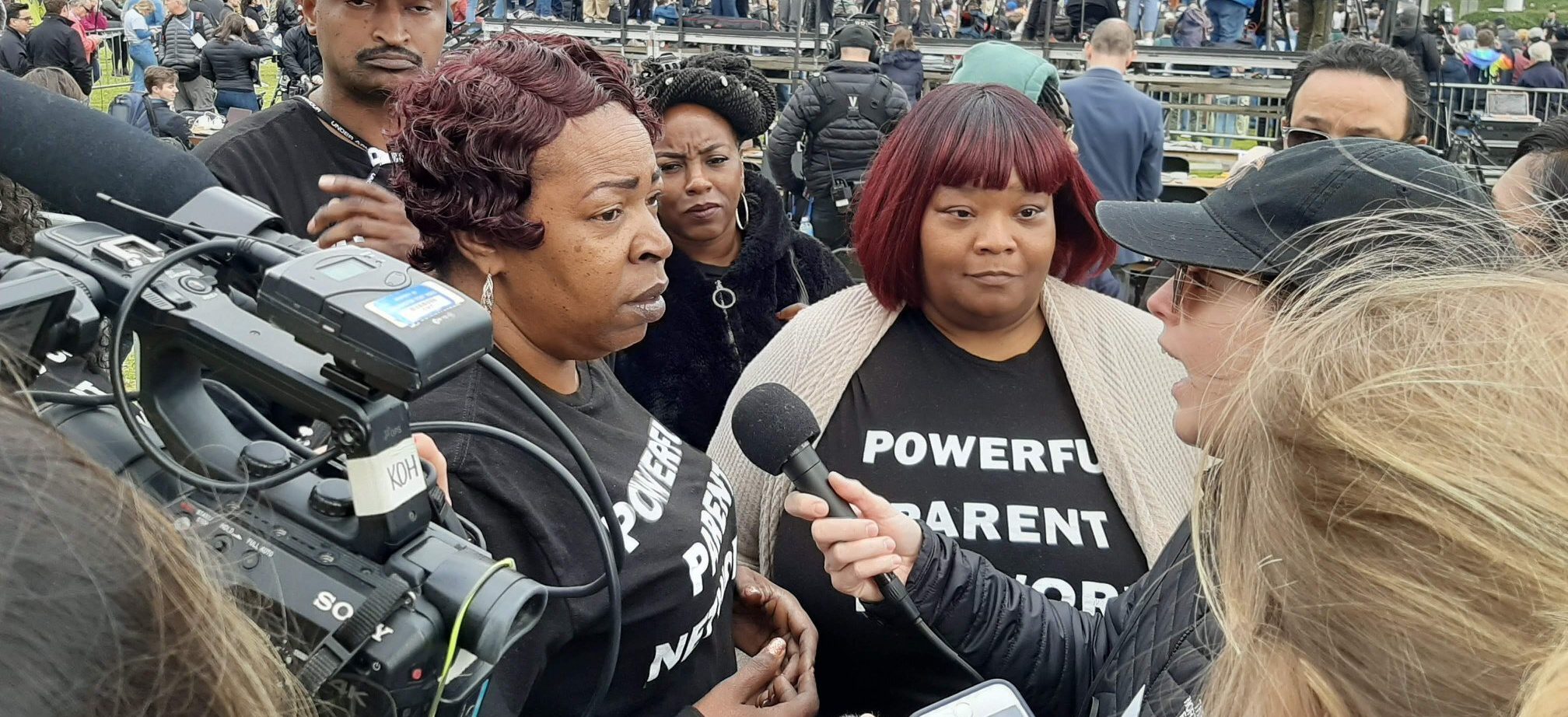Building for the Future: The Power of Relationships in Voter Participation Campaigns
At P.A.C.E., we’re on a mission to support partners working to increase voter participation in their communities. Based on our recent meta-analysis, we’ve learned the importance of relationships and their impact on whether someone casts a ballot. By partnering with organizations – like schools – with strong, trusted ties to their communities and prioritizing relationships, messengers and creative that resonates with constituents, we believe that voters are more likely to engage and ultimately take action. This is a concept we’ve come to call relational voter participation.
If this sounds like relational organizing (a practice within a broader organizing strategy to build power in which individuals, groups, or organizations harness their personal networks and relationships to effect change), that’s because it is.
Local partners – community organizations, schools, churches – are trusted sources of information, and by embedding engagement practices into daily interactions, they can foster a deeper sense of civic duty. Notably, local leaders and city-based organizations play a crucial role in this approach. These leaders understand what makes each school in the community unique and special, allowing them to tailor voter participation efforts effectively.
Below are key concepts we’ve used in relational voter participation in schools – similar to the ones that Souls to the Polls and other church-based initiatives find so effective – and a few examples from recent campaigns with local partners.
- Tailored Outreach: Tailoring the voter participation program to align with how each school or organization engages with their families allows them to deliver the information in a way that is familiar and has a higher chance of being acted on. This only happens over time and is rooted in the core values of service, innovation, and equity. We help schools combine these values into effective voter engagement strategies.
- Trust and Familiarity: Trust is built through familiarity. Schools, as community hubs, are uniquely positioned to connect with people through the trust they have cultivated over years. Parents, families, students, and staff already share a bond of trust and respect within their schools, making them ideal messengers for voter participation campaigns.
- Validation and Removing Roadblocks: When voter participation messaging comes from a trusted source like a child’s school, parents are more likely to read it because they are closer to that institution than most other public institutions. We know that parents are more likely to participate when they feel supported and informed by their trusted sources. Schools can also help remove common barriers to voting by providing information and resources about how, when, and and where to vote directly to families.
Schools are not just educational institutions; they are pillars of their communities. And as long as they don’t encourage families to support a particular candidate or party, they are well within their right to encourage people to turn out to vote in every election. Below are a few school-based examples from our partnerships of how local organizations and schools can work to build a more informed, active, and connected electorate.
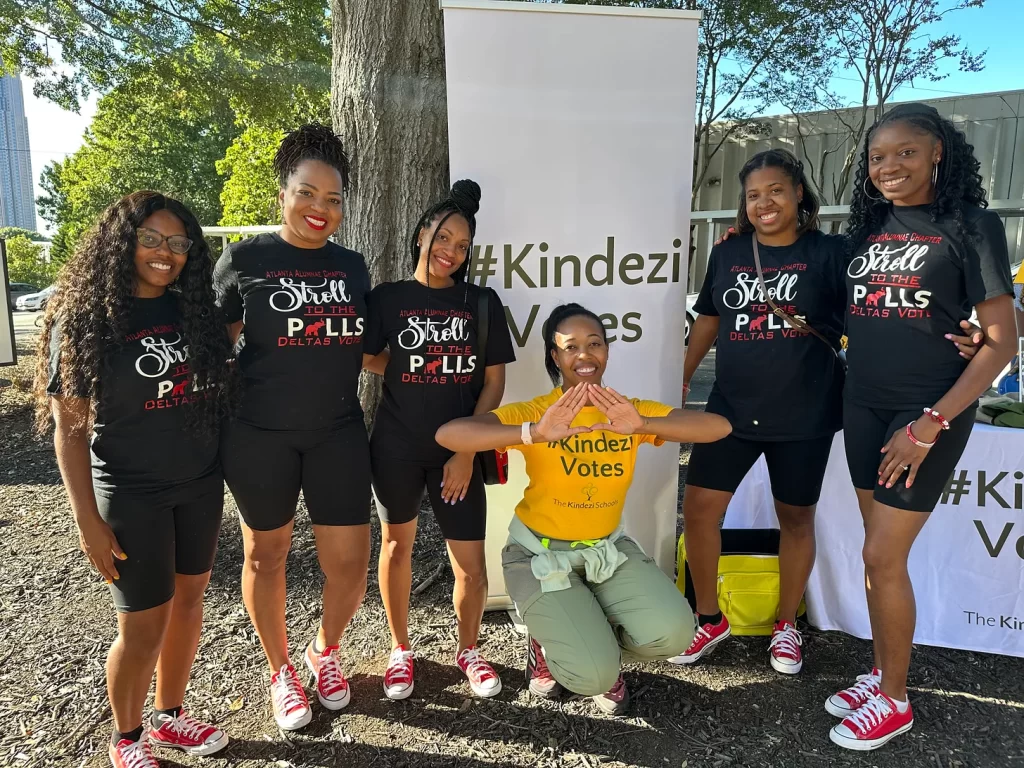
- In Atlanta, The Kindezi Schools have pioneered innovative approaches to help embed civic engagement into the fabric of school life. By aligning campaign messages and tactics to key school events (back-to-school nights, football games, Strolls to the Polls, daily drop-off and pick-up lines, family engagement nights) and drawing from the same effective models referenced above, the Kindezi fellows can meet parents and families where they already are, and use these routine moments to share voter information in a way that leads to results. In the 2023 Election for Atlanta Board of Education, Kindezi school families had a 14.4% voter turnout rate. This was nearly double the predicted voter turnout rate for this constituency and double the citywide turnout rate of 7.2%.
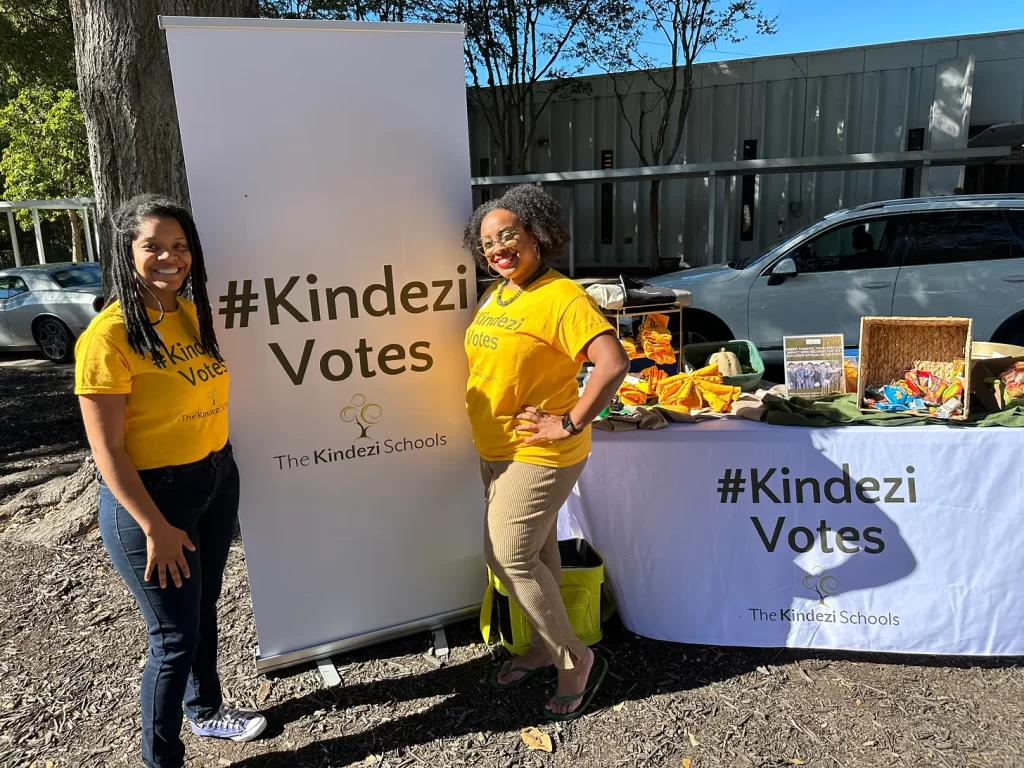
- In Newark, KIPP alumni have taken a leading role by making phone calls to current families to encourage nonpartisan voter turnout. These efforts focus on making voter commitments and GOTV (Get Out The Vote) initiatives, prioritizing alumni to leverage existing relationships grounded in familiarity and trust.
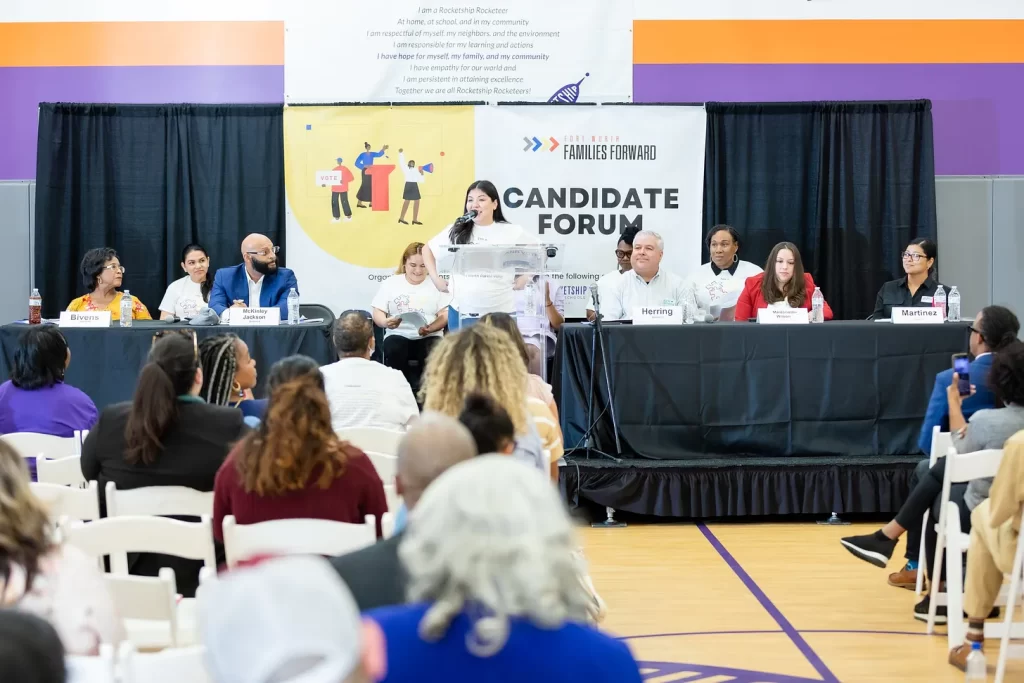
- In Fort Worth, schools have hosted candidate forums to educate voters and families. These events provide a platform for community members to learn about candidates and their platforms, fostering informed voter participation from a trusted messenger that parents and families already know. To reach families who aren’t able to attend forums, schools share key messages, photos and video.
The power of relationships in voter participation campaigns cannot be overstated. By communicating through the trusted networks within schools and among community partners, we can create a culture of voting and advocacy that not only increases voter turnout but also strengthens community bonds.
We are proud to support these efforts and continue working with our partners to foster more democratic participation across the country.
By Sean Andersen, Founding Partner

